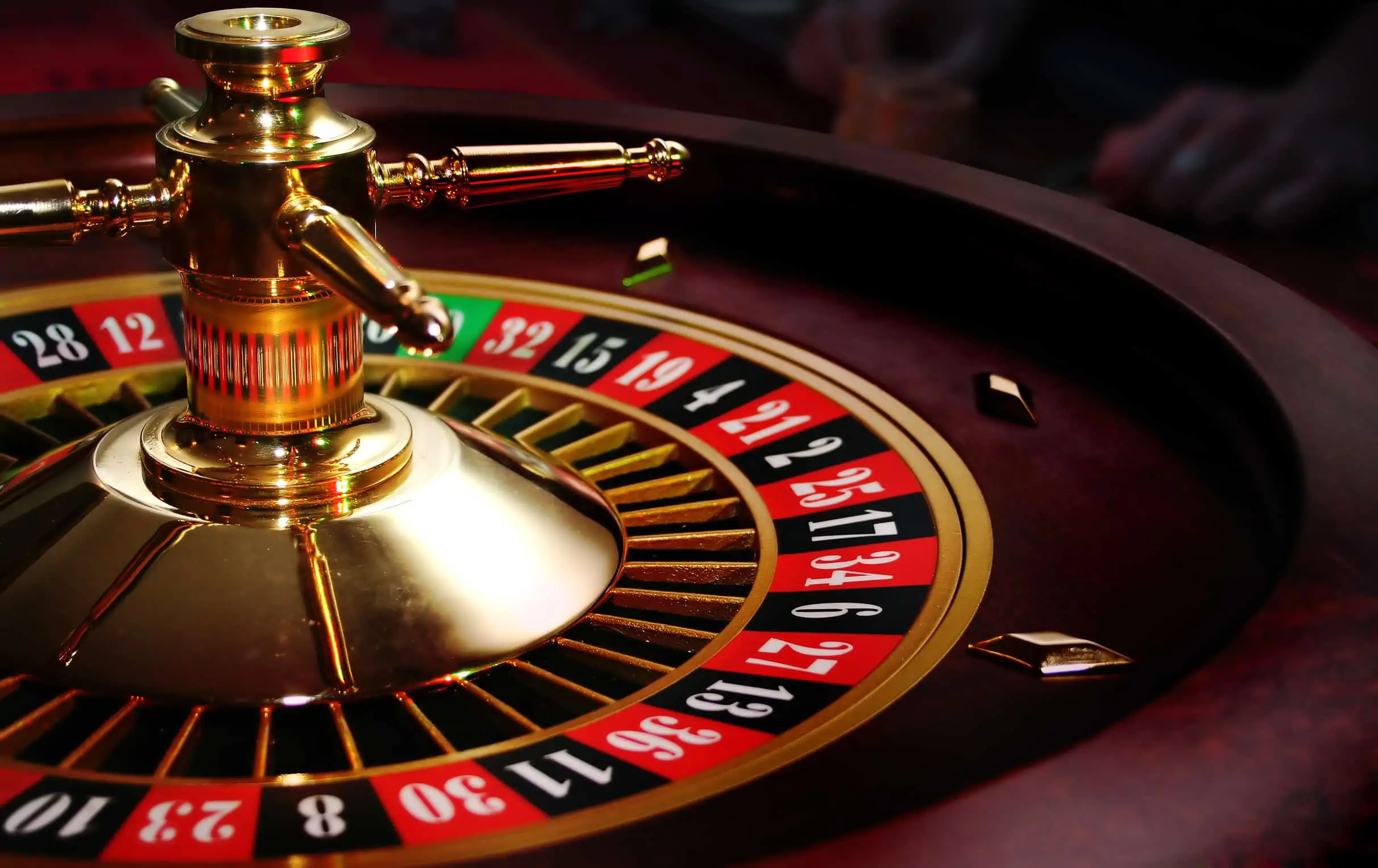
Casino games have fascinated gamblers for centuries, luring them into a universe of thrill, fortune, and prosperity. From the sparkling lights of video slots to the intense action of poker tables, these games offer a special mixture of entertainment and risk. However, underneath the shiny exterior of this glitz and style lies a complex connection of math that determines every conclusion and decision made within the casino.
Comprehending this connection between gambling games and math not only improves the playing experience but can also help participants make knowledgeable decisions. Whether you are a occasional punter or a passionate enthusiast, recognizing the mathematical principles at play can offer insightful knowledge into probability, ratios, and approaches, ultimately shaping how one deals with these games of chance.
Statistical Probability in Gambling
In the sphere of gambling activities, statistical likelihood plays a critical role in determining results and informing gambler choices. Every game has a unique set of rules and a particular probability framework that affects its dynamics. For example, in activities like roulette, players must grasp the odds of landing a certain digit or color. The probability of specific events happening can be computed, and this knowledge can significantly affect betting tactics.
Gambers also need to be aware of the house advantage, which is the mathematical benefit that casinos hold over players in the long term. This advantage differs across different activities. In 21, expert players can use strategies to minimize the house edge to as little as one %, while in games like slot machines, the house edge can be much higher. Understanding the house edge allows gamblers to make informed decisions about which games to participate in and how much to wager.
Moreover, probability is fundamental in the principle of risk versus gain in gambling. https://23win.limited/ Every bet carries a certain risk level, and players must assess the possible payout against that danger. Activities like the poker game require players to not only compute the chances of their personal showing winning but also to assess the probabilities of their rivals’ showings. By utilizing statistical principles to their gameplay, gamblers can improve their chances of success and engage more strategically in the thrilling world of casino games.
Expected Value in Gambling Activities
When discussing gambling activities, one of the basic ideas rooted in mathematics is the anticipated value. This statistical metric helps players grasp the possible outcomes of their bets over a period. In basic terms, anticipated worth (EV) determines the mean amount a player can anticipate to win or suffer per bet if they were to play the game many times. Each game has its unique EV, affected by the odds and the house edge, which indicates the benefit that the gambling establishment holds.
For instance, think of a game like the roulette game. The anticipated value can be derived based on the particular wager placed. If a gambler bets on a individual number, the return is 35 to 1, but the true chances of success that wager are 1 in 37 (in Euro the roulette game). This leads in a detrimental anticipated worth, indicating that, on average, gamblers will lose money over time when playing this kind of bet. Grasping this idea allows players to make better informed choices about which activities and wagers may be less advantageous.
Furthermore, the exploration of expected value can lead to improved money management. Players who understand the math behind their games are often able to set realistic goals. By acknowledging their potential losses and profits, they can adjust their gambling strategies appropriately, which may enhance their total gambling experience. As a consequence, expected worth serves as a critical resource for both novice and experienced gamblers to steer through the frequently volatile character of gambling games.
Strategies and Chances: The Arithmetic Behind Success
In gambling games, grasping the probabilities is crucial for participants seeking to maximize their likelihood of success. Each activity has its own specific set of chances that dictate successful results, and these figures are often found in the rules of the game guidelines or payout schedules. For instance, in games like blackjack, participants can improve their chances through methods such as tracking cards, which depends on arithmetic concepts to gain an upper hand over the establishment. By educating themselves with the chances, participants can make more knowledgeable choices on when to place bets and when to fold.
Furthermore, the idea of expected outcome plays a major role in casino strategies. Average outcome determines the average outcome of a bet over a period, allowing gamblers to assess whether a particular stake is valuable taking. For example, fruit machines have a fixed payout percentage, which can indicate the expected return a participant can anticipate on their wagers. By selecting activities with higher payout percentages, gamblers can minimize the house edge, maximizing their possible rewards in the long run.
Lastly, successful players often employ a blend of luck and math strategy to improve their gaming experience. While chance is unpredictable, managing a betting strategy based on mathematical insights can lead to more favorable outcomes. By utilizing techniques such as money management and game selection, players can utilize math to handle the random nature of casino games, making the most of their efforts and investments at the casino.